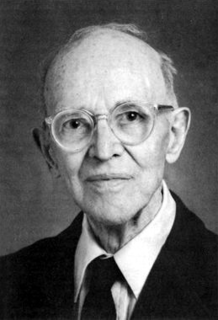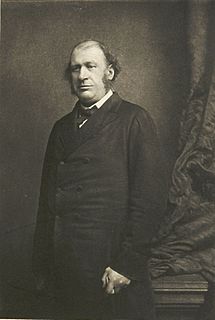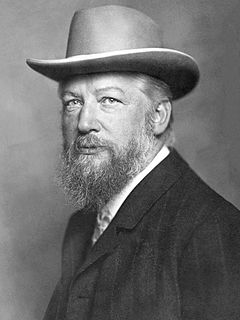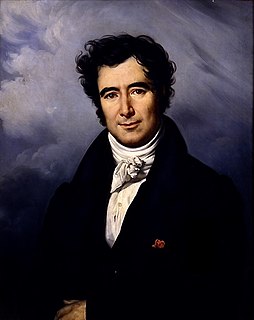A Quote by Charles Hartshorne
Speculative Philosophy is the endeavour to frame a coherent, logical, necessary system of general ideas in terms of which every element of our experience can be interpreted. By this notion of 'interpretation' I mean that everything of which we are conscious, as enjoyed, perceived, willed, or thought, shall have the character of a particular instance of the general scheme.
Related Quotes
Poetry is related to philosophy as experience is related to empirical science. Experience makes us acquainted with the phenomenon in the particular and by means of examples, science embraces the whole of phenomena by means of general conceptions. So poetry seeks to make us acquainted with the Platonic Ideas through the particular and by means of examples. Philosophy aims at teaching, as a whole and in general, the inner nature of things which expresses itself in these. One sees even here that poetry bears more the character of youth, philosophy that of old age.
General Systems Theory is a name which has come into use to describe a level of theoretical model-building which lies somewhere between the highly generalized constructions of pure mathematics and the specific theories of the specialized disciplines. Mathematics attempts to organize highly general relationships into a coherent system, a system however which does not have any necessary connections with the "real" world around us. It studies all thinkable relationships abstracted from any concrete situation or body of empirical knowledge.
Our submission to general principles is necessary because we cannot be guided in our practical action by full knowledge and evaluation of the consequences. So long as men are not omniscient, the only way in which freedom can be given to the individual is by such general rules to delimit the sphere in which the decision is his. There can be no freedom if the government is not limited to particular kinds of action but can use its powers in any ways which serve particular ends.
There is a great difference, whether the poet seeks the particular for the sake of the general or sees the general in the particular. From the former procedure there ensues allegory, in which the particular serves only as illustration, as example of the general. The latter procedure, however, is genuinely the nature of poetry; it expresses something particular, without thinking of the general or pointing to it.
I think the most important work that is going on has to do with the search for very general and abstract features of what is sometimes called universal grammar: general properties of language that reflect a kind of biological necessity rather than logical necessity; that is, properties of language that are not logically necessary for such a system but which are essential invariant properties of human language and are known without learning. We know these properties but we don't learn them. We simply use our knowledge of these properties as the basis for learning.
I used to say that, as Solicitor General, I made three arguments of every case. First came the one that I planned-as I thought, logical, coherent, complete. Second was the one actually presented-interrupted, incoherent, disjointed, disappointing. The third was the utterly devastating argument that I thought of after going to bed that night.
To refer the power in question to the clause "to provide for the common defense and general welfare" would be contrary to the established and consistent rules of interpretation, as rendering the special and careful enumeration of powers which follow the clause nugatory and improper. Such a view of the Constitution would have the effect of giving to Congress a general power of legislation instead of the defined and limited one hitherto understood to belong to them, the terms "common defense and general welfare" embracing every object and act within the purview of a legislative trust.
No organism can afford to be conscious of matters with which it could deal at unconscious levels. Broadly, we can afford to sink those sorts of knowledge which continue to be true regardless of changes in the environment, but we must maintain in an accessible place all those controls of behavior which must be modified for every instance. The economics of the system, in fact, pushes organisms toward sinking into the unconscious those generalities of relationship which remain permanently true and toward keeping within the conscious the pragmatic of particular instances.
We are lucky in the United States to have our liberal arts system. In most countries, if you go to university, you have to decide for all English literature or no literature, all philosophy or no philosophy. But we have a system that is one part general education and one part specialization. If your parents say you've got to major in computer science, you can do that. But you can also take general education courses in the humanities, and usually you have to.
All forms of beauty, like all possible phenomena, contain an element of the eternal and an element of the transitory - of the absolute and of the particular. Absolute and eternal beauty does not exist, or rather it is only an abstraction creamed from the general surface of different beauties. The particular element in each manifestation comes from the emotions: and just as we have our own particular emotions, so we have our own beauty.
A time will come when the science of destruction shall bend before the arts of peace; when the genius which multiplies our powers, which creates new products, which diffuses comfort and happiness among the great mass of the people, shall occupy in the general estimation of mankind that rank which reason and common sense now assign to it.








































